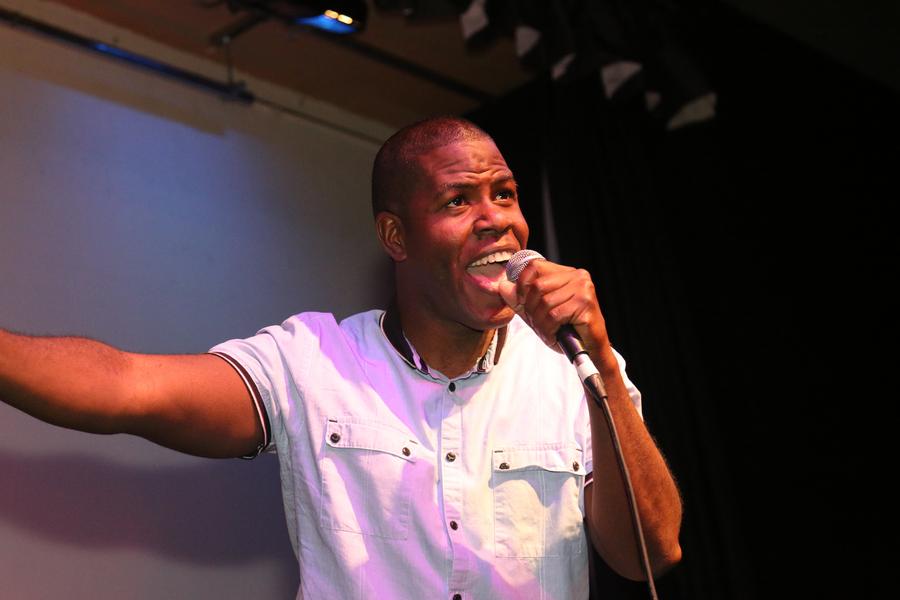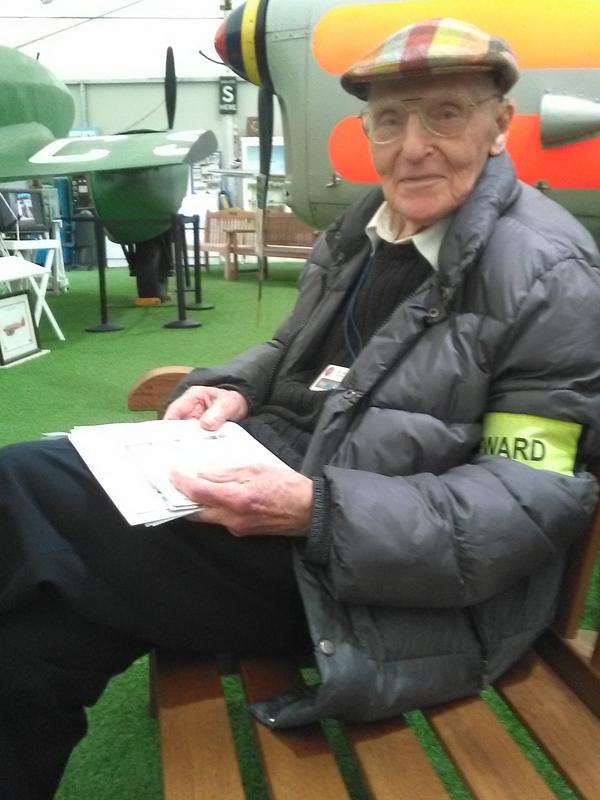if not the oldest, because it goes back
to obviously slavery and a bit before.
And basically it's a song, a social-political
or humorous commentary with an Afro-Caribbean rhythm.
So as I said, it all started with the slaves, obviously,
expressing their views or their beliefs
or things that they weren't happy about to the slave master.
And from there just grew, so you had like
the troubadours from France taking it,
bringing the brass instruments into it and so forth.
And in Trinidad it's massive obviously.
We've sort of patented it and it began all there.
I fell in love with it at the age of seven, so in 1986.
I was with my entire family, as in nuclear family,
and my grandparents, or my dad's parents,
we were at their house watching it.
And everyone was focused on the television,
and I was like, what's going on?
You know, at that age, seven years, what's going on?
And obviously these guys were singing.
Because of the level of the lyrical content
at that time, they were singing about political stuff
so I couldn't really relate to it too much
but what drew me was the music.
And I obviously got involved, starting looking on as well.
And then when two of the calypsonians really caught my eye,
and in my mind I was saying oh, this is quite nice.
And back in those days you had to sing two songs,
it was like two rounds, you would sing,
in whatever position you were in, come off,
and then they'd run through the full list
and then you'd have to go back on in the same position
and do your second song.
And then whilst the judges are tabulating their scores
the whole nation was just transfixed on that TV
because it's the Calypso Monarch, the finals.
And they were singing about all this stuff
that the politicians did that year
that the nation disapproved of.
Some might be in support of it,
but it's just hearing, what we deemed the calypsonian as
is basically the voice of the people.

